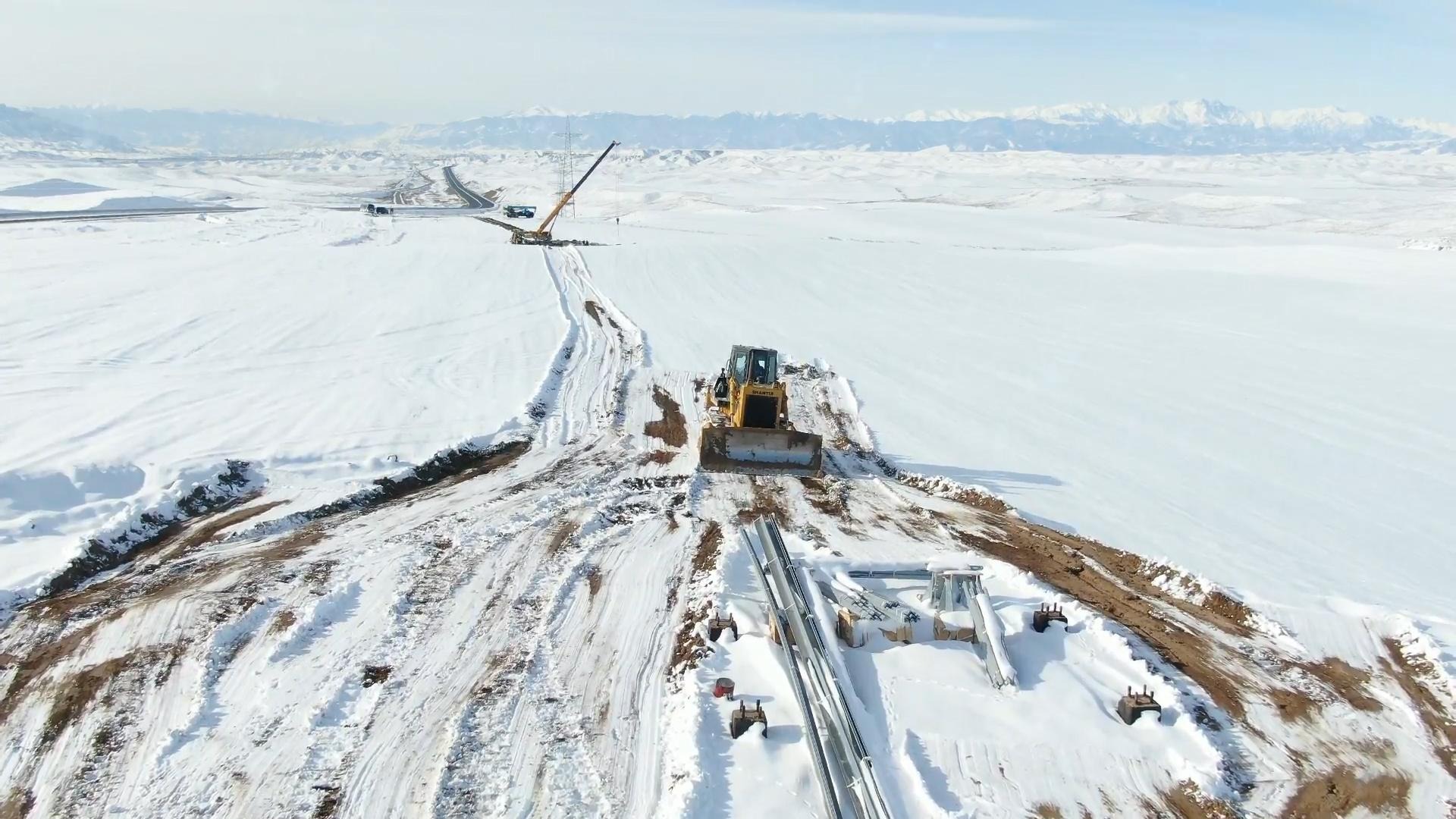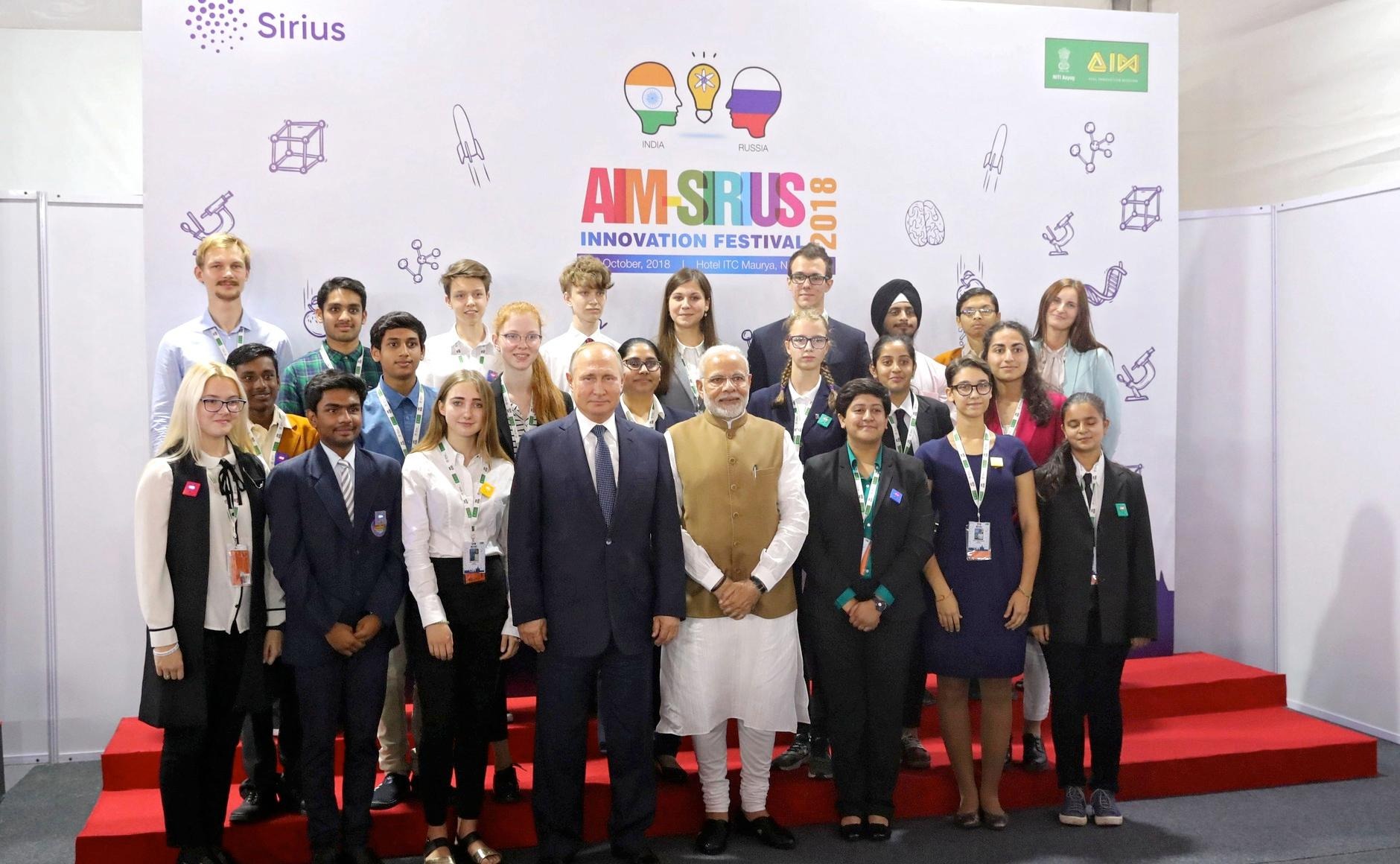Belarus, Russia Remain Divided over Potash Business
Belarus, Russia Remain Divided over Potash Business
By Sergei Blagov
On October 16, Belarusian President Alyaksandr Lukashenka made a highly unusual claim that he was offered $5 billion in kickbacks by unspecified “Moscow oligarchs.” The anonymous Russian tycoons allegedly offered huge kickbacks (or “otkat” in Russian) in exchange for Minsk selling the country’s only potash producer and exporter, the state-owned Belaruskali, for $10 billion.
The Belarus strongman claimed that the “otkat” was offered by a Russian insider, described as “Misha.” Lukashenka further argued that Belaruskali’s actual price was estimated at $30-32 billion (https://m.interfax.by/news/belarus/118589).
The allegations, quite unusual even by Lukashenka’s colorful standards, followed prolonged attempts by Belarus and Russia to form new, joint potash businesses.
Back in 2005, Moscow and Minsk
In 2011, the BPC exported 12.9 million tons of potash, including 7.7 million tons from Belaruskali and 5.2 million tons from Uralkali. The BPC is estimated to account for nearly 40 percent of the global potash market.
In May 2012, Belarus and Russia decided to create a new joint venture, Soyuzkaliy, on a parity basis that would replace the BPC. The new entity would be registered in Switzerland, and it is expected to start operations in February 2013. However, Soyuzkaliy may not be able to start operations before Belarus and Russia
Companies from Russia, China and India reportedly indicated interest in Belaruskali privatization. In July 2012, Lukashenka announced that Belaruskali’s controlling stake was not for sale, at least below $30 billion (https://www.regnum.ru/news/economy/1576051.html).
Lukashenka’s latest remarks, made during a meeting with Russian journalists, came as an affront to Moscow’s perceived insistence that Russian businesses should be given greater access to the process of privatization in Belarus. On July 18, Prime Minister Dmitry Medvedev urged the Belarusian government to expedite Belaruskali’s privatization (https://en.rian.ru/world/20120718/174670853.html). By floating these bribery allegations, Lukashenka apparently indicated his continued reluctance to allow Russian businesses to control key industrial assets in Belarus.



